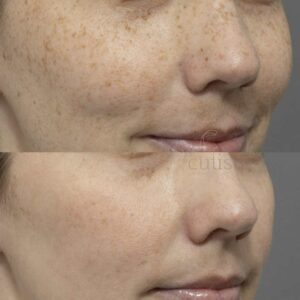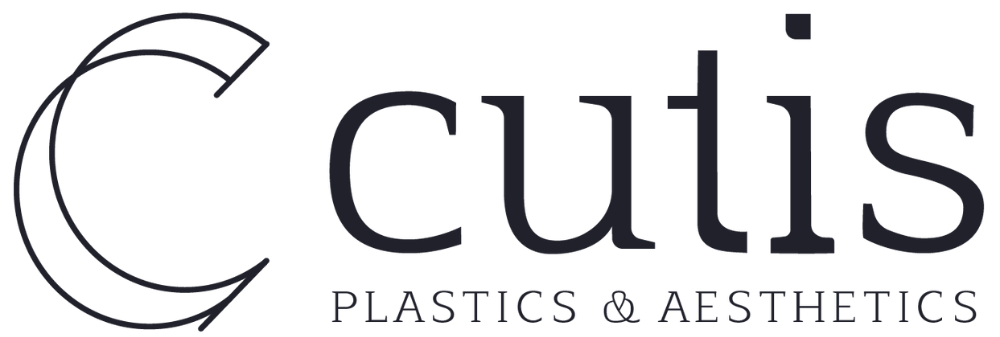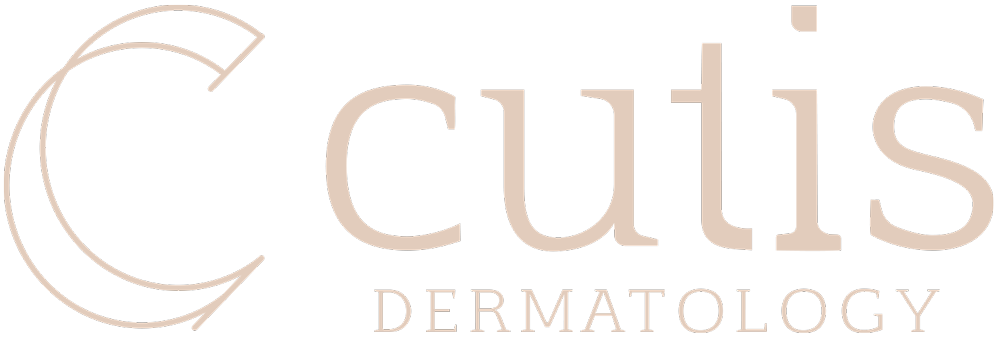What are the different types of facial pigmentation?
There are several different types of facial pigmentation, including:
- Melasma: A common condition characterized by symmetrical, dark patches on the face, typically on the cheeks, forehead, nose, and upper lip. Melasma is often triggered by hormonal changes, such as those that occur during pregnancy or when taking hormonal birth control.
- Freckles: Small, flat, red or brown spots that appear on the skin, often in areas that are frequently exposed to the sun. Freckles are caused by an increase in melanin production.
- Age spots: Also known as solar lentigines, age spots are flat, brown spots that are caused by prolonged sun exposure. They are most commonly found on the face, hands, and chest.
- Post-inflammatory hyperpigmentation: Dark spots that appear on the skin as a result of injury or inflammation, such as acne or eczema.
- Albinism: A genetic condition characterized by a lack of melanin production, resulting in very light skin, hair, and eyes.
- Vitiligo: A condition in which the cells that produce melanin die or stop functioning, resulting in patches of lightened skin.
How do you get rid of facial pigmentation?
Treatment options will vary depending on what type of pigmentation you have – here are several options for treating facial pigmentation:
- Topical creams and serums containing ingredients like hydroquinone, kojic acid, or vitamin C to lighten pigmentation.
- Chemical peels, which use a solution to remove the top layers of skin and reduce the appearance of pigmentation.
- Lasers and intense pulsed light (IPL) therapy, which use light energy to target and reduce pigmentation.
- Prescription medications and azelaic acid can be used to improve skin pigmentation.
It’s important to consult with a dermatologist before starting any treatment for pigmentation, as some treatments may not be suitable for certain skin types or may have potential side effects.
What causes facial pigmentation?
There are several potential causes of facial pigmentation, including:
- Sun exposure: Ultraviolet (UV) rays from the sun can cause an increase in melanin production, leading to dark spots and uneven skin tone.
- Hormonal changes: Hormonal fluctuations, such as those that occur during pregnancy or menopause, can cause an increase in melanin production.
- Genetics: Pigmentation disorders, such as melasma, can run in families.
- Medications: Certain medications, such as birth control pills or antibiotics, can cause an increase in pigmentation.
- Skin injury: Trauma or injury to the skin, such as acne, can cause pigmentation to develop at the site of the injury.
- Improper skincare: Using products that are harsh on the skin or not suitable for your skin type can cause pigmentation.
- Pregnancy: Also known as “pregnancy mask,” is a common skin condition that causes dark, discolored patches on the face, particularly on the cheeks, forehead, nose, and upper lip. The exact cause of melasma is not fully understood, but it is thought to be related to hormonal changes that occur during pregnancy.
It’s important to consult with a dermatologist if you suspect pigmentation is caused by a medical condition or certain medications, as they may be able to provide a definitive diagnosis and appropriate treatment.
What about microneedling for pigmentation?
Microneedling is an awesome treatment for hair loss & some forms of dermal scarring, however it is a really bad treatment for pigmentation. Microneedling frequently pushes pigment deeper in the skin, especially in cases of melasma. This results in deeper dermal pigmentation, which is much harder to treat. At Cutis Dermatology we employ the correct treatment methods to treat a skin condition. We do not endorse one treatment that ‘can possibly do’ a multitude of things.
What is the best treatment for age spots?
Pigment due to age & sun are best removed with Hybrid laser resurfacing. This combines both Fraxel HD & CO2 lasers. In most cases only one session is required. Downtime approaches 5 days. Best for lighter skin types.
How do you get rid of freckles?
This is one of the easiest forms of pigment to treat, especially in lighter skin types. The M22 IPL and BBL photorejuvenation give the best outcomes. Most only require 2 sessions.
Other things that can treat freckles include-
- Picoway or Picosure Pro laser
- Fraxel HD
- TCA peels
- IPL & Fraxel

Incredible results from just 1 session of Stella M22 IPL by nurse Alison.
How to get rid of post-inflammatory hyperpigmentation?
There are several options for treating post-inflammatory hyperpigmentation (PIH), including:
- Topical creams and serums containing ingredients like hydroquinone, kojic acid, or vitamin C to lighten PIH.
- Chemical peels, which use a solution to remove the top layers of skin and reduce the appearance of PIH.
- Lasers and intense pulsed light (IPL) therapy, which use light energy to target and reduce PIH.
- Prescription medications like tretinoin or azelaic acid can be used to improve PIH.
It’s important to consult with a dermatologist before starting any treatment for PIH, as some treatments may not be suitable for certain skin types or may have potential side effects.
In addition to these treatments, it’s also important to protect your skin from the sun and use sun protection cream with at least SPF 30 daily. Avoiding picking or scratching at the affected area, and using gentle skincare products that won’t cause irritation, can also help prevent PIH from getting worse.
What is the best laser for pigmentation in ethnic and asian skin types?
Definitelt rhe pico laser with Picoway & Picosure Pro. These lasers can treat superficial & deep pigment from all causes including sun, melasma, mixed pigment, birthmarks & Hori nevus. Most patients require 2-4 pico laser sessions, recovery is within 12 to 24 hours for most cases. Learn more here!
What is the best skincare for pigmentation?
- Retinol & ascorbic acid
- Arbutin
- Liquorice extracts
- AHAs & BHA exfoliating
- HQ or cysteamine
- Botanicals & azelaic acid
You will be guided as to the best combination for your type of pigment & depth. Book a FREE* nurse consultation at our Brisbane clinics. T&C applies.


